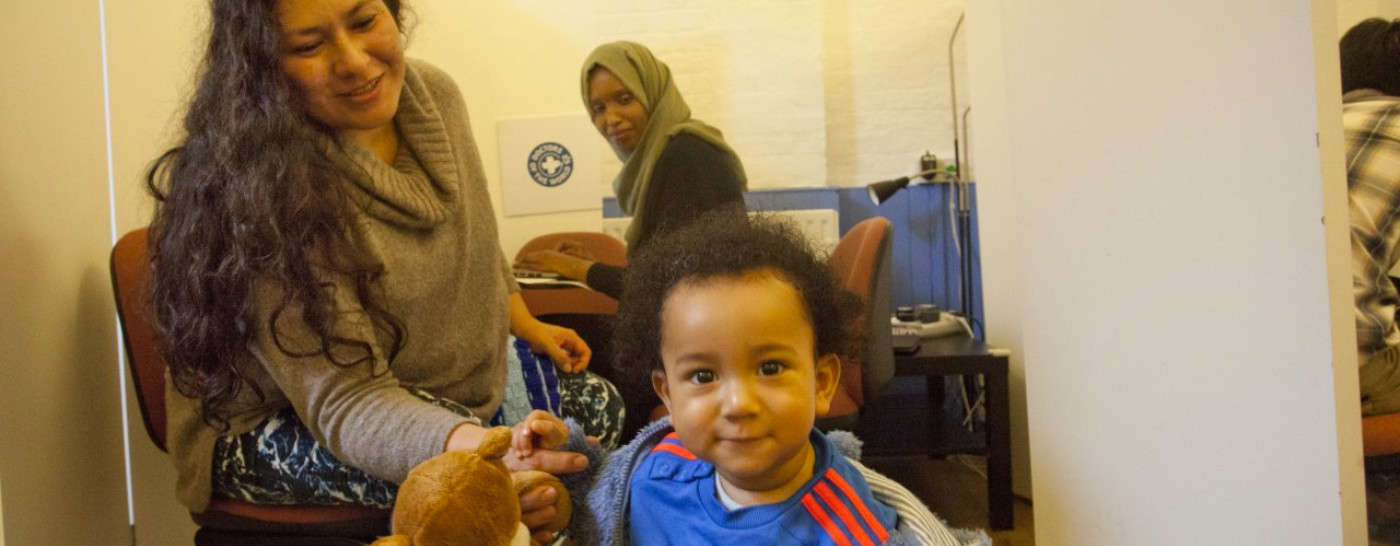Asking for ID will stop vulnerable people going to hospital
Published 23rd November 2016
The UK Government’s Department of Health is looking into proposals to ask all patients to show two forms of ID when they go to hospital, to assess whether they are eligible for free treatment. Doctors of the World strongly opposes such measures as they will deter the very people who most need healthcare from going to hospital.
Doctors of the World runs a unique clinic in east London for people who are struggling to access the NHS – we regularly see heavily pregnant women, victims of trafficking and seriously ill people who are not getting the care they need, often because GP surgeries wrongly tell them that identity and address documents are mandatory.
“Doctors are caregivers, not border guards. Protecting the NHS from alleged misuse must not compromise a doctor’s duty to treat the patient in front of them,” says Leigh Daynes, Executive Director of Doctors of the World UK. “From the amount of sick and vulnerable people we see turned away from GP surgeries every day, we know there’s already confusion about identity checks among frontline healthcare staff and proposed new rules will only add to that.”
The health ministry has set a target of saving £500m a year by charging visitors to the UK and some migrants to use parts of the NHS. But it has not assessed whether this programme will actually cost more money, in terms of staff time and administrative work, than it saves. The UK’s National Audit Office noted this in a review last month.
Many of the doctors we work with are opposed to the rules and don’t want to refuse to treat someone simply because they don’t have certain documents. Some doctors have threatened to boycott the rules if they are put in place.
Many people, including British people, do not own a passport or the other forms of photo ID that might be required.
Everyone in the UK has the right to free primary care, which includes access to a GP, and free accident and emergency hospital treatment. Some migrants have to pay for secondary care via a one-off fee paid before entering the UK, via European health insurance, or via direct charges when they visit the hospital.
“We’re not opposed to some NHS charges for visitors who can afford to pay them, but these kinds of ID measures would make it even harder for the most vulnerable members of our society to get the healthcare they need,” says Lucy Jones, UK programme manager for Doctors of the World. “And it’s not even likely to save the NHS money either.”
